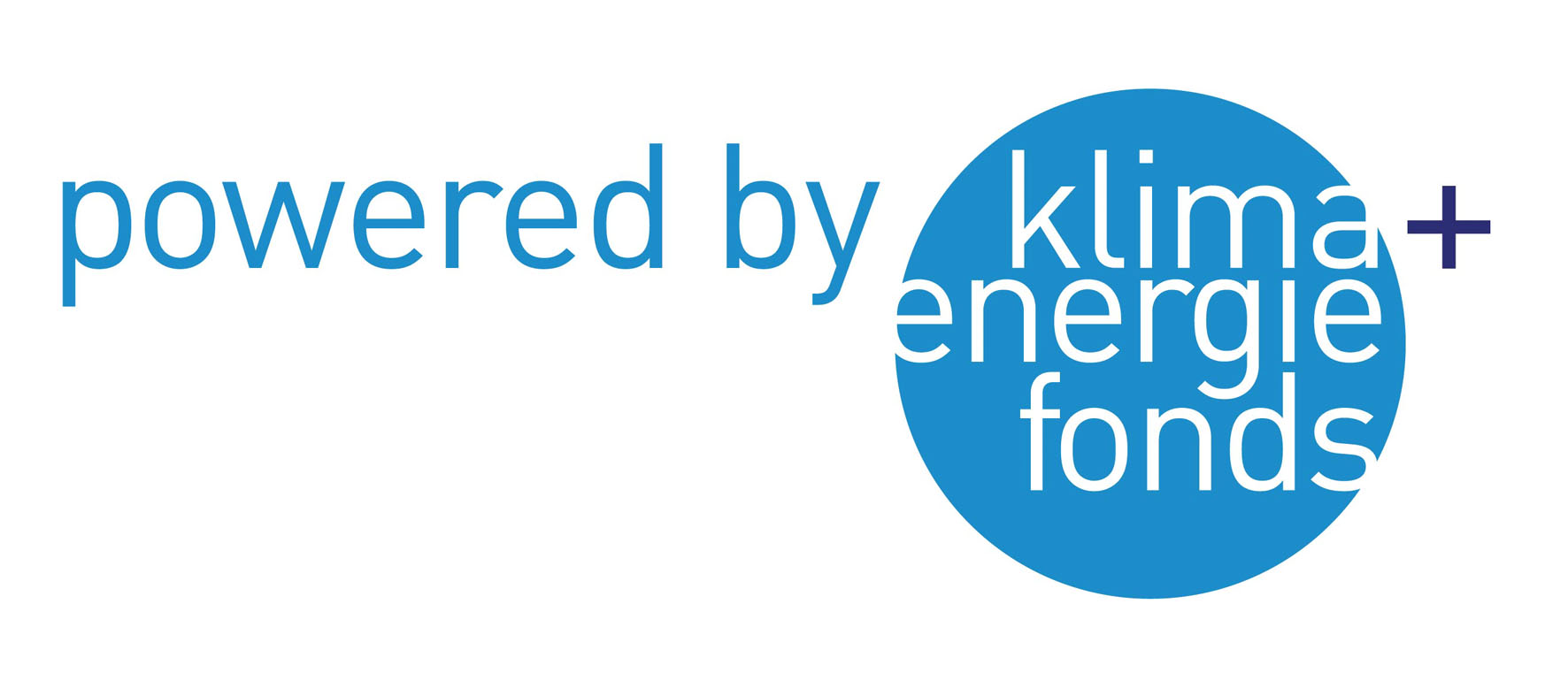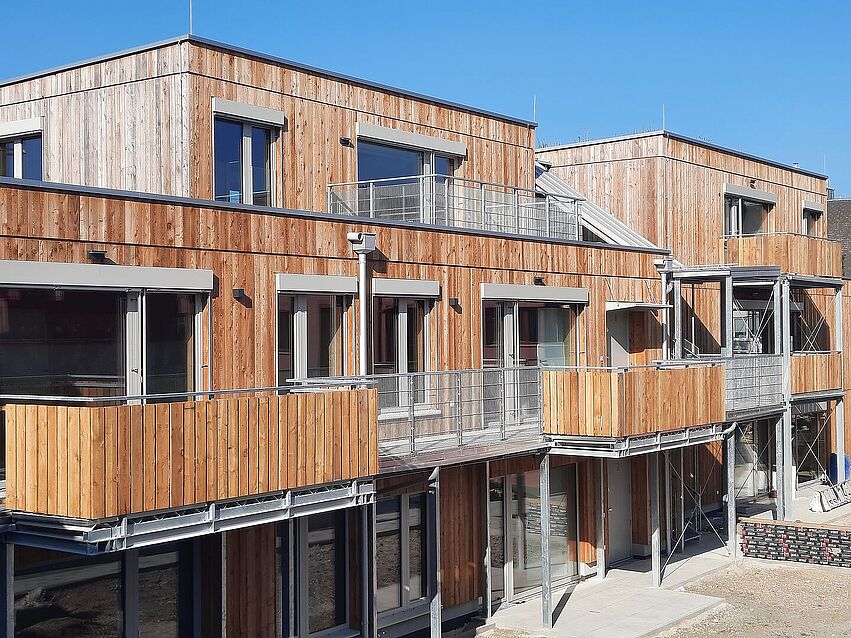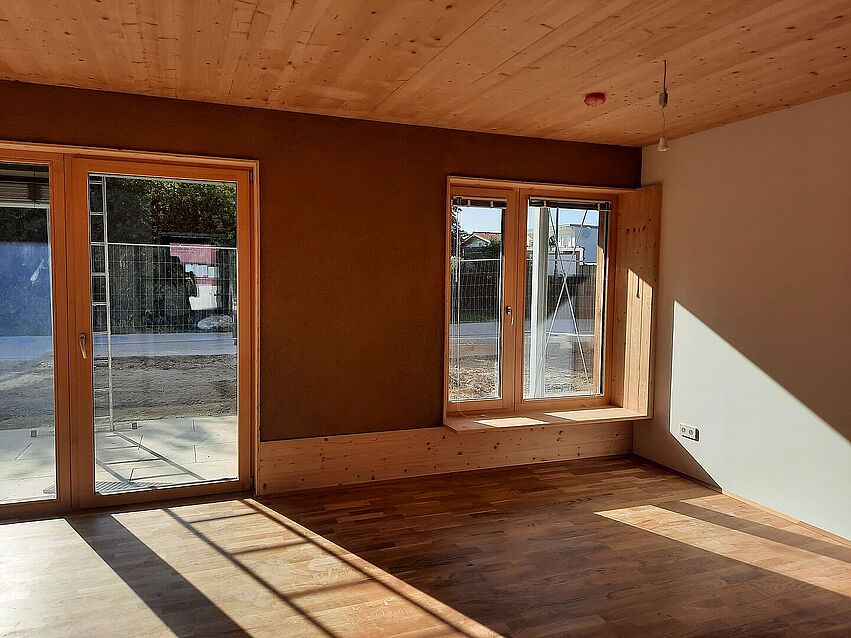The need for new living space in Vienna has increased steadily in recent years due to demographic changes and population growth. The city is meeting this requirement by building around 10,000 new apartments annually - in 2021 it actually was 15,000. The dominant construction method, due to its relatively simple and cheap application, is concrete construction with thermal insulation system. However, this construction method is not optimal from an ecological point of view, above all due to the required climate protection.
The project 'Niklas goes Nature' by the architects Jutta Wörtl-Gössler and Uli Machold (Räume für Menschen) is the result of an assembly competition organized by wohnfonds_wien. It is a sustainable project at all levels: The building materials are selected from an ecological point of view, both Austrian families and those with a migration background will move into the apartments and the future residents will be involved in the construction process as part of settler hours.
The wooden frame components with straw bale insulation for the outer walls are prefabricated in the hall and plastered with clay on the construction site. The excavation material available on site is examined in advance. If this turns out to be suitable, it will be used for plastering. This eliminates transport costs and emissions, besides clay is ideal for self-construction. The aim is to make the construction as recyclable as possible. This is an exciting challenge for both the planners and the companies involved!
As part of the research project of the Smart Cities Demo Initiative, supported by the IBO, the aim is to determine, among other things, the extent to which this construction method can be duplicated in sustainable, subsidized housing. Construction will start in mid-2022 and completion is planned for the end of 2023.



![[Translate to English:]](/securedl/sdl-eyJ0eXAiOiJKV1QiLCJhbGciOiJIUzI1NiJ9.eyJpYXQiOjE3NjczNTY0MTksImV4cCI6MTc2NzQ0NjQxOSwidXNlciI6MCwiZ3JvdXBzIjpbMCwtMV0sImZpbGUiOiJmaWxlYWRtaW4vX3Byb2Nlc3NlZF8vYS9kL2NzbV9OaWtsYXNnb2VzTmF0dXJlX1JmTV9lOTRhNGYzYmI0LmpwZyIsInBhZ2UiOjE1Nn0.qU0QL2a9V54sRj-5FimWA9C5Ygl5O64qzOxIoB-UnS0/csm_NiklasgoesNature_RfM_e94a4f3bb4.jpg)

